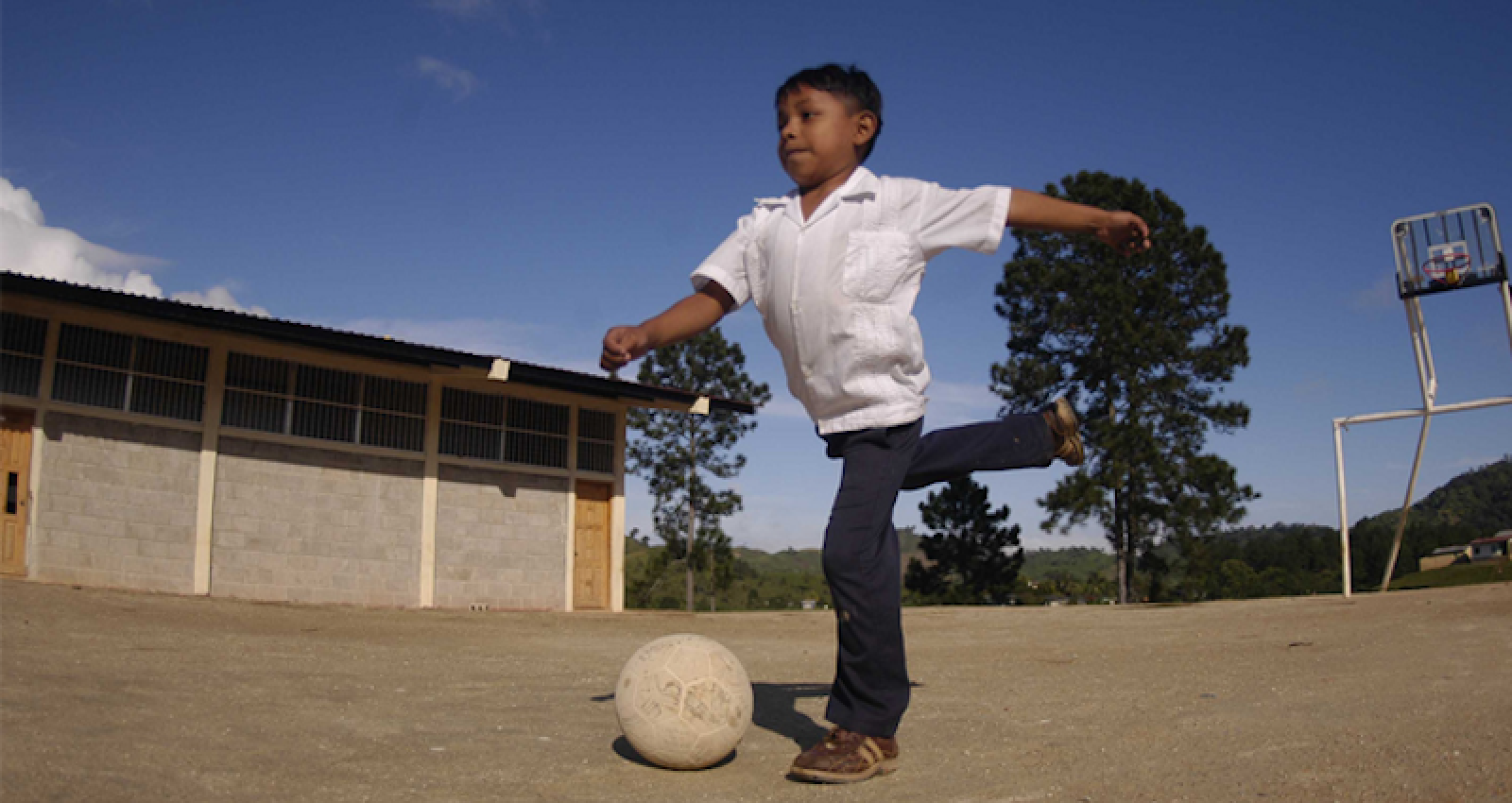Evaluation as a Game Changer
IEG makes a shift in strategic focus to better support the achievement of the twin goals.
IEG makes a shift in strategic focus to better support the achievement of the twin goals.
By: Caroline Heider
IEG makes a shift in strategic focus to better support the achievement of the twin goals
The World Bank Group has set ambitious goals - eradicating poverty by 2030 and boosting shared prosperity - that are rippling through the development community as evident, for example, in the focus and composition of the Sustainable Development Goals (SDGs) that will be adopted this year. And it has done so amidst many challenging internal changes.
So how do we, as evaluators, take up the gauntlet of change?
Our universe is defined by the past: what the World Bank Group (WBG) has already done is what we evaluate. Typically we select sectors or themes based on the focus of the critical mass of business, or where gap analysis shows we haven't recently done work, or shows we have yet to do work at all in a given area. Eventually, new priorities and programs are absorbed and work their way through the system to become part of the evaluation universe and work plan.
But, such is our commitment to supporting the Bank Group in helping client countries achieve its new and challenging goals, we have looked at our own processes and focus to establish how we might better and more readily contribute to success.
And that has entailed a shift to a more strategic consideration of what we evaluate. With this new focus, we are asking: What are the issues that will determine success in eradicating poverty and boosting shared prosperity for generations to come? Where are the bottlenecks that have to be addressed? What are the knowledge gaps that can be filled by evidence from independent evaluation to ensure the Bank Group, its clients, and the development community know what successes to replicate?
There are, obviously, no simple pathways to poverty eradication â if that were so, those pathways would have been identified and followed by now. The reality is that the Bank Group has to cope with significant complexity in the many environments within which it delivers a wide range of varied services in diverse sectors relating to many cross-cutting issues, and themes.
To deal with this challenge, we have decided to build part of our work program under three Strategic Engagement Areas that will help us:
What then are the three areas?
Economic opportunities and jobs: A key development challenge is generating growth that is inclusive, resilient and sustainable, and that creates jobs. Both the rate and quality of growth determine the impact on poverty and how prosperity is shared. This area directly connects with the âOne World Bank Groupâ agenda, including the integration of the Groupâs public and private sector capabilities to advance the achievement of its strategic goals.
Sustained services for the poor: Access, quantity, quality and sustainability of services are essential for sustained poverty eradication and to ensure opportunities for the poor to live decent lives and participate in economic opportunities. While many governments in developing countries devote significant overall budget to health and education, very little may be spent on poor people. Even when public spending is targeted at poor people, resources donât always reach frontline service providers and, where they do, quality is not always assured.
Promoting equity and sustainability of natural capital: Natural resources, whether global commons or within national domains, are essential to creating and sustaining economic opportunities and to driving inclusion and intergenerational prosperity. The struggle for control over them is often the basis of vulnerability and conflict at local, regional and global levels. The poor are disproportionately and dramatically affected by the impact of increased scarcity of natural capital.
The next step is to identify potentially game-changing issues for evaluation within each of these Strategic Engagement Areas, issues for which evidence from independent evaluation can help significantly shift the Bank Group's ability to deliver on its strategic goals. We aim to work on addressing bottlenecks that need to be unstuck, with ideas and services that need to be fused and integrated to deliver higher, added value, and/or with the presentation of evidence that helps rethink old solutions in light of new complex problems.
So, let us know what you think the game changers are - we're listening.

Comments
World Bank's lending policy…
World Bank's lending policy mostly drive the borrower to come up with programs that will easily sail through the Board when presented and bring in the much needed resources.
Add new comment